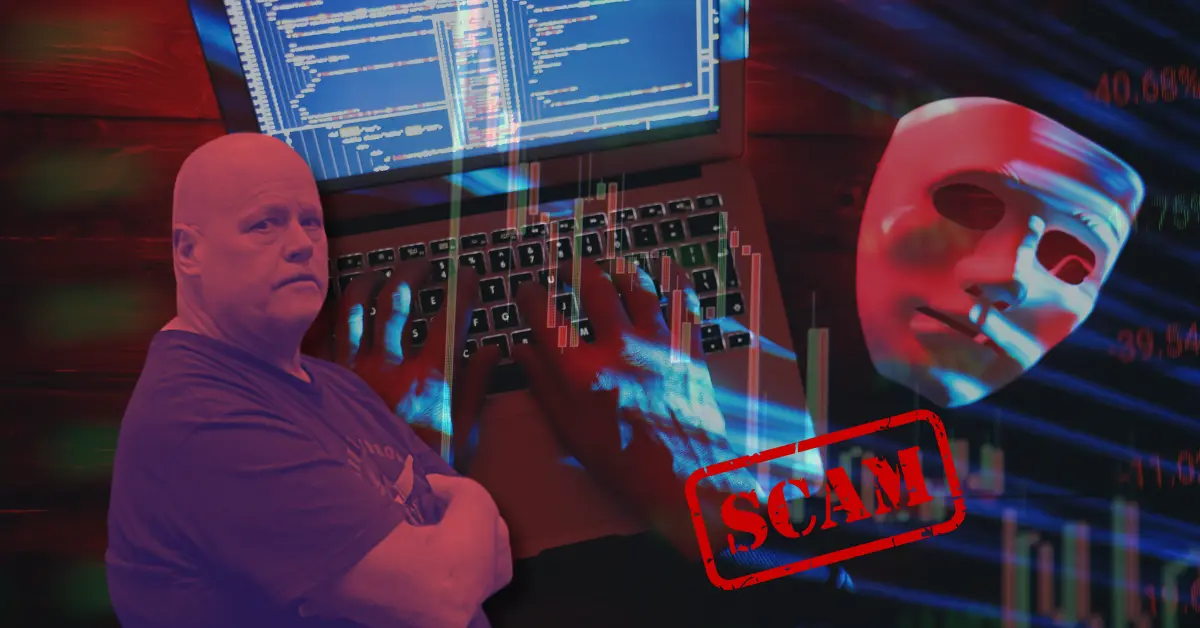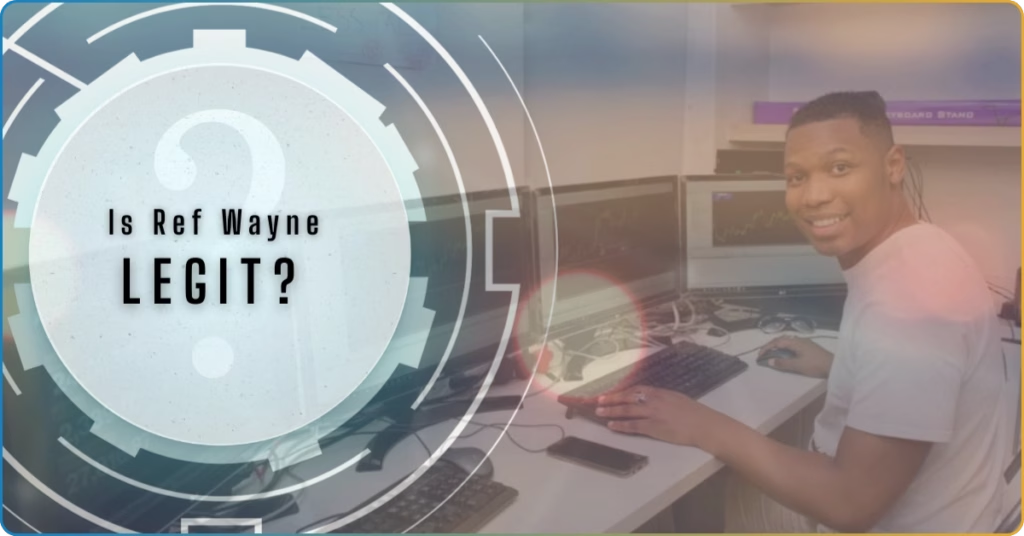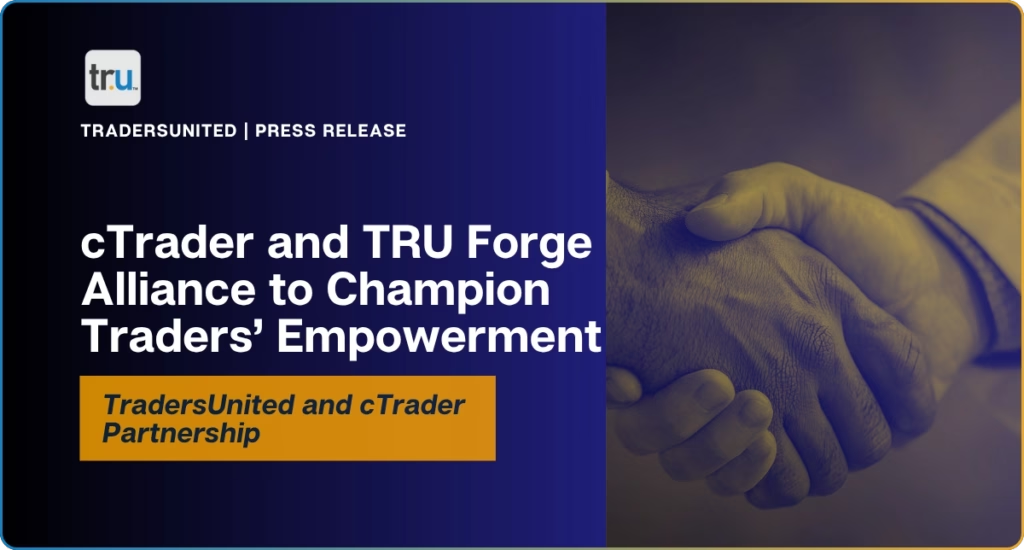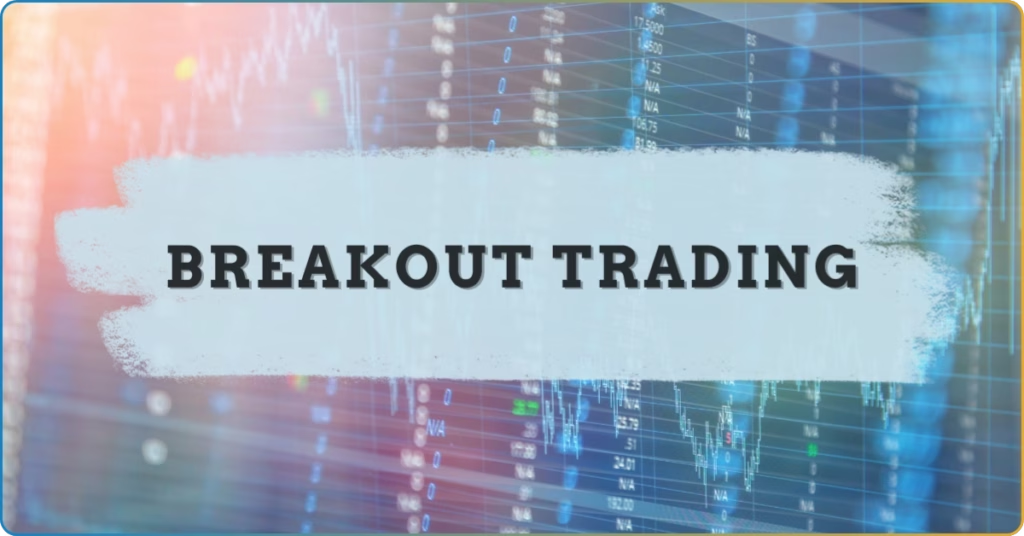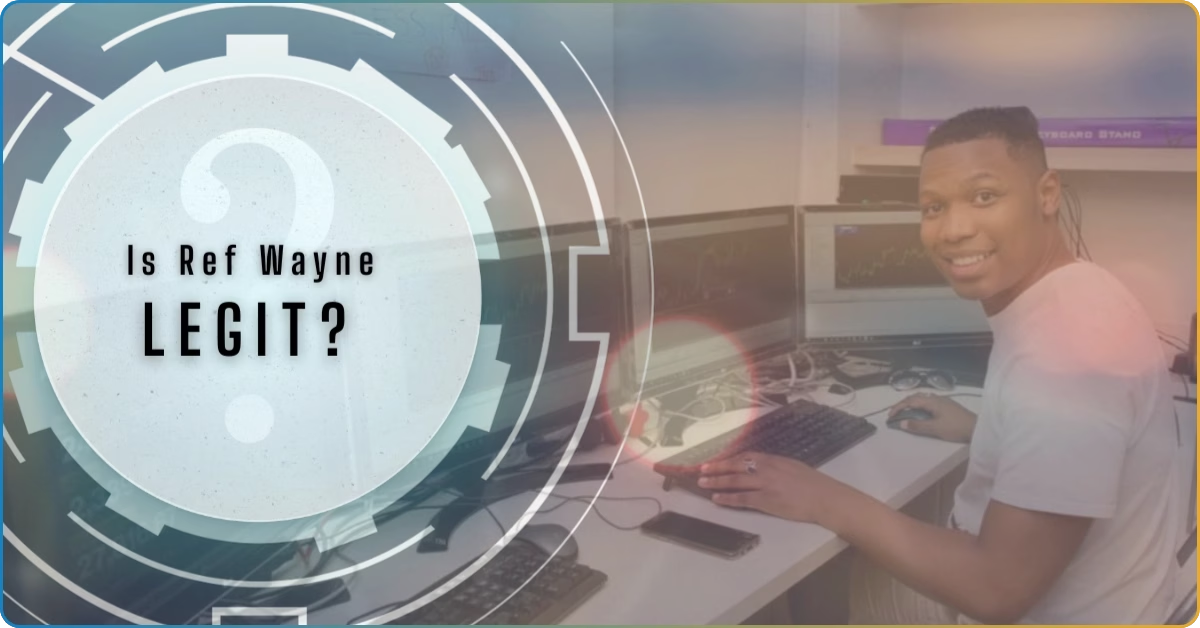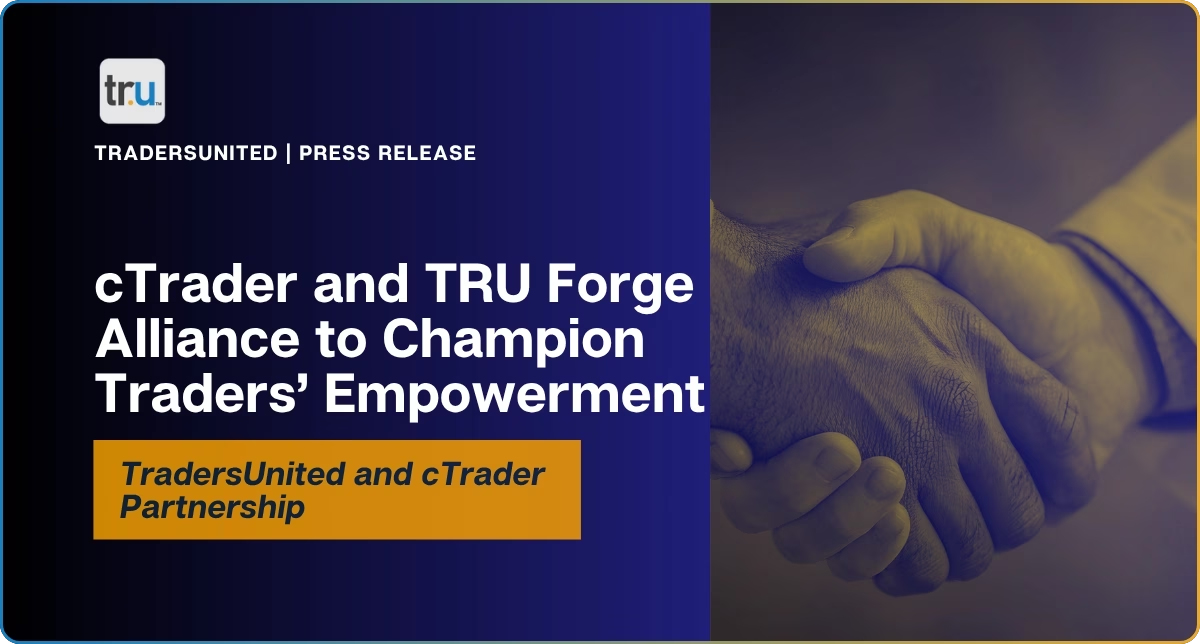A year after BHI Trust scam mastermind Warriner’s arrest, critical facts continue to emerge on the R3 billion investment scam spearheaded by the St. Stithians alum. Warriner first targeted close circles from his Sandton private school, and later expanded to Colored and Indian middle-class retirees.
The pies de resistance – a Ponzi scheme undetected for more than two decades.
Read about the BHI Trust investment scam below.
The BHI Trust Scam: A Ponzi Scheme
The BHI Trust investment scam robbed almost R3 billion from investors, mostly retired individuals from colored and Indian communities in Pretoria. Dubbed the “biggest heist” in SA, Craig Warriner handed himself over to the police, pleaded guilty to all charges, and requested incarceration in a surprising hearing on Oct 2023.
In his statement, the fraudster confirmed he was “robbing Peter to pay Paul,” an idiom often used to describe the nature of a Ponzi scheme.
Victims of Warriner’s scheme number in the thousands – from St. Stithians School alumni, to various financial advisers, lawyers, and retired individuals. A year later, the BHI web continues to unravel.
Who is Craig Warriner?
Craig Warriner worked as a respected fund manager since the early 90’s, handling trades for many of his St. Stithians colleagues and alumni.
Craig Warriner, a 60-year-old investment manager from Bryanston, ran one of the longest and biggest Ponzi Schemes in South Africa, and is often described as the South African equivalent of Bernie Madoff.
After losing half of his managed funds during the 2008 financial crisis, Warriner resulted in a Ponzi scheme, shuffling money around from his investors to pay earlier investors. Since 2008, Warriner has been trying to earn back the money for the trust until things got out of hand – according to his lawyers.
Warriner’s arrest
In October of 2023, BHI Trust kingpin Craig Warriner turned himself in to the police for fraud. This comes after ex-assistant and fellow St. Stithians College alumni Christian Ashcroft filed a complaint against the Trust after losing R1.5 million investments under Warriner’s mentorship.
Warriner, once respected in the elite circles of Johannesburg, surrendered himself to authorities and pleaded guilty to any and all charges, refused the option for bail, and represented himself in court.
This investigation led him to secure a 25-year sentence to the Sun City Jail and a 30-year debarment from operating in the financial services sector.
Warriner has since been the face of the BHI Ponzi scheme.
Bigger than Warriner
This year, new developments have proven that Warriner didn’t just orchestrate the billions-worth scam. It would have been fantastical to have thought that only one person operated SA’s biggest Ponzi scheme.
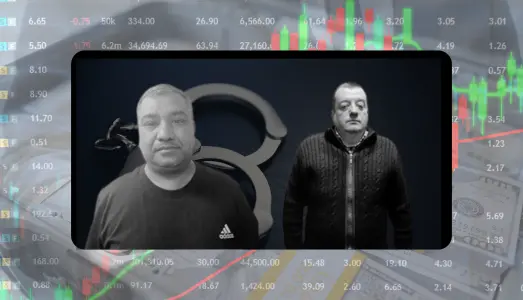
The arrest of Michael Haldane and Sona Pillay in 2024 brought a new chapter to the BHI scheme. Haldane was the founder of Global & Local, while Pillay was the Managing Director of Rubicon Trust Company Ltd. – both companies implicated in the BHI scheme.
On May 31, 2024, Pillay was arrested after a failed attempt to flee overseas. He was detained after returning to SA, where authorities were awaiting his arrival at the SA border.
Meanwhile, Michael Haldane, founder of Global & Local, turned himself in to the police three days after Pillay’s arrest.
They were both charged with fraud and money laundering in connection to the BHI Ponzi scheme.
All roads lead to Global & Local
Global & Local is an investment advisory firm which received at least 5% commissions for directing funds to BHI. According to reports, Global & Local actively marketed BHI to its clients. Further evidence suggests that Haldane might be at the center of the entire scheme.
A month after Warriner’s arrest, Global & Local released a statement expressing their “shock and disbelief” about the turn of events regarding the BHI Ponzi scheme. They even filed criminal charges against Warriner.
However, fast-forward to this year, and independent forensic investigator Bart Henderson found that Global & Local—through a network of at least 16 special purpose entities, made up of companies local and offshore—enabled and benefitted massively from the BHI fund.
Meanwhile, the case becomes more complex. In a court hearing, Warriner had revealed another key suspect, Katrinos Cost, who reportedly possesses the entire BHI Trust client records and database.
Victims lose nearly everything, no returns in sight
Most recent reports claim that the investment scheme involved over 2,000 clients who invested over R3 billion.
These investors trusted Warriner with their life savings, and even many high-profile financial advisers have invested large amounts in the scheme.
Sasfin Securities’ David Shapiro explained that because of the case’s complexity, it will be difficult for those who have lost money to get it back.
Meanwhile, investors who have received distributions from Warriner over the last 15 years have had to return their money.
In other words, people who gave money and received returns were called to give back earnings that weren’t real.
Evidence provided by the FSCA shows Warriner roped in around R3 billion by January 2020, but used less than 20% for legitimate trading. Meanwhile, 80% was used to repay older clients or to fund Warriner’s extravagant lifestyle.
This has become one of the most damaging financial frauds in SA, where families have lost their entire savings, retirees have lost their pensions, and others have lost their entire inheritances.
The BHI Trust had cemented itself as such a reputable entity, but how did they go unnoticed?
How did they get away with it for so long?
According to Werner Cawood, a lawyer and former investor at BHI, Warriner was trading under Axiom Capital, which has an FSP license from the FSCA. Meanwhile, the BHI bank account was being managed by a company called AfriFocus, a stockbroker listed on the JSE.
Cawood, who was involved with BHI from 2018 to 2021, said that they trusted the product and Warriner at the time.
“The product made sense to me. Obviously now with hindsight, I might feel different,” said Cawood.
BizNews editor Alec Hogg said, “It all looked pretty legitimate…but I guess with hindsight, it’s pretty clear that it was a Ponzi scheme.”
The paramount trust and confidence people had in the BHI Trust could be attributed to Warriner’s larger-than-life personality and to the mediocre yet consistent returns to investors. Investors received no more than a 2% annual increase in their returns, and they received it without fail.
However, it remains that investors should still be vigilant and aware of how to prevent getting scammed.
Spotting a Ponzi Scheme
A tale as old as time, the Ponzi scheme dates back to the 1800s, around the same time as the invention of the telephone.
Fortune-teller Sarah Howe opened a women-only bank for “unprotected” white women, or women who did not have husbands or guardians handling their money. Howe managed to collect more than $500,000 (about USD 13 million today), convincing women from across North America to invest in the fund, which promised 8% annual returns. This is recognized as the first Ponzi scheme, 40 years before Charles Ponzi (the man named after the Ponzi scheme) broke headlines for his $67 billion swindle.
What is a Ponzi scheme?
A Ponzi scheme is a type of investment fraud in which money is collected from new investors to pay earlier investors to create the illusion of big profit. In reality, no enterprise is being invested in.
A Ponzi scheme relies on a steady stream of investors coming in to fund payouts for earlier investors. While some of the money is used to pay earlier investors, most of the money is pocketed by the scam’s operators.
How to spot a Ponzi Scheme?
Like the BHI Investment scam, many investors were completely baffled at finding out the trust was a scam.
Many of the victims have often said that it did look like a scam, in hindsight. However, the damage has already been done.
Here’s some ways to spot a Ponzi scheme before you make that investment.
The promised return is extraordinary
How could investment promoters or fund managers ever guarantee a high return? The market is affected by too many factors for any one person or institution to guarantee any kind of return – especially high ones.
It’s true that some investments can yield extraordinary returns, but not without risk and the potential loss of money.
The returns are overly consistent
Say the returns are not extraordinary, but they are consistent.
Returns at BHI Trust have increased consistently by 2% every year, which should be an automatic red flag.
As mentioned, no market doesn’t go up or down. An investment that regularly generates positive returns is an investment worth questioning.
The investment is being promoted by “trustworthy” people
David Shapiro of Saspin Securities have said a common thing about white-collar fraud, “con artists, even if you look at Madoff, a pillar of society, right schools, clean-shaven, dresses nicely, probably has a nice family and kids…[he uses] those credentials and CV, he attracts people.”
It’s not uncommon for con artists to take the shape of trustworthy people. For example, a man from Georgia – a preacher nonetheless – was convicted for stealing $9 million from small Black churches.
There’s a bonus if you sign up friends
If the platform incentivizes you to recruit others, you could unwittingly become part of a scam. Ponzi schemes use you as an advantage to bring in more people.
The promoter gets angry when you ask too many questions
This is particularly important, even if an investment was referred to you by a friend you trusted.
Always ask as many questions as you can about the trust, the investment, whose name it is on, will you be able to access it at any time, etc.
If you are ever shut down or made to feel stupid about asking questions, then you are most definitely about to be conned.

